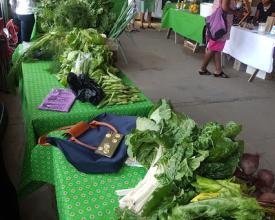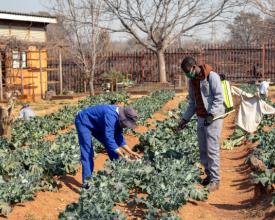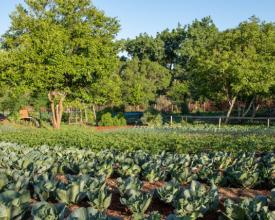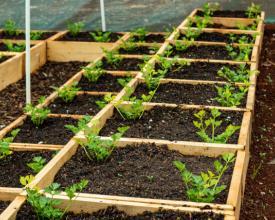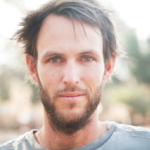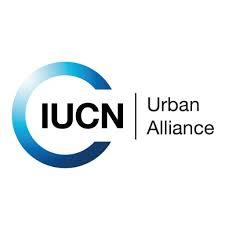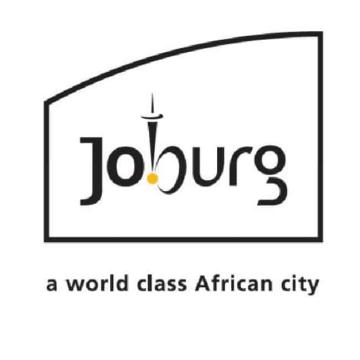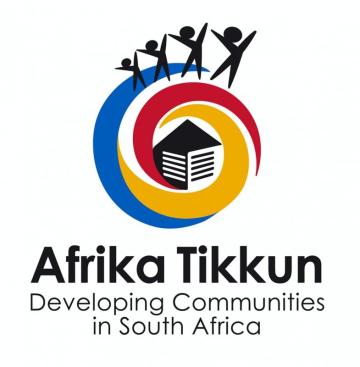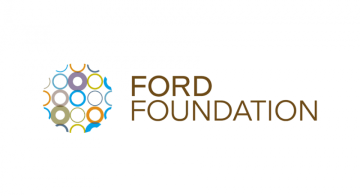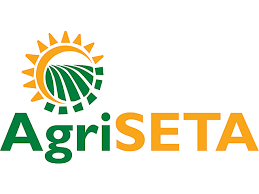
Food production through efficient urban agriculture including hydroponics and aquaponics
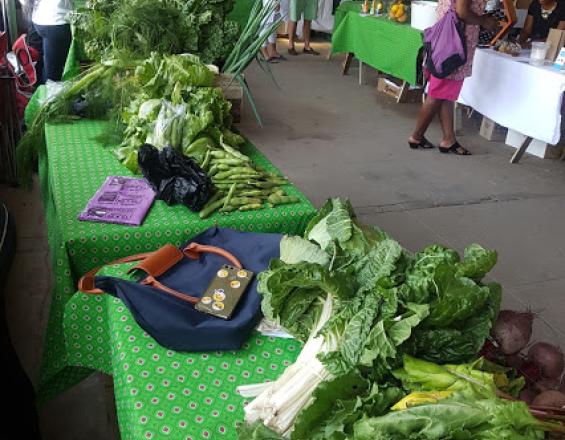
The Siyakhana Food Garden, our flagship project, is regarded as one of the most successful urban food gardens in the wider Johannesburg metropole, as well as a hallmark of intersectoral collaboration. This is largely because of its mission to make far-reaching impacts at local, provincial, and national levels. It is not simply a garden; it also serves as a platform for other activities that address the following five key objectives:
- Improving the availability of a wide variety of good and nutritious food;
- Conducting relevant and appropriate action-research that is influencing policy and strategies;
- Offering training to develop capacity among emerging leaders in the area of food gardens and sustainable livelihoods;
- Engaging in advocacy and networking activities; and
- Achieving financial sustainability through a self-funding social entrepreneurship model.
Our aims are to:
- Address food and nutrition security;
- Promote public and environmental health;
- Enhance entrepreneurship; and
- Support and enable sustainable smallholder enterprises.
Impacts
The SGD and Siyakhana Organic Food Garden (SOFG) are recipients of prestigious awards:
- The SGD was awarded the most innovative and promising locally led eco-inclusive enterprises
- in developing and emerging economies prize from the SEED AWARD 2019.
- The SOFG was awarded the best innovative project and community-based project prize by the Gauteng Department of Agriculture in 2011.
Our work also furthers the following skills and activities:
- Knowledge and skills transfer and building capacity especially amongst black women and youth;
- Job creation;
- Stimulation of local economies;
- Building future leadership across the spectrum of the food value chain; and
- Relevant research that informs policy and strategic interventions.
We have established many food gardens in several settings promoting dietary diversity. This is a direct and effective way to enhance food availability, accessibility and affordability.
Area of land farmed: 2.4 ha
Number of people included in the program: 7 permanent and 6 casuals
Amount of food grown: c. 6.4 tonnes per annum

